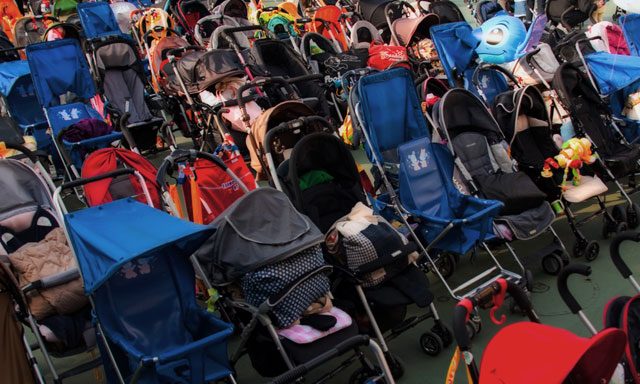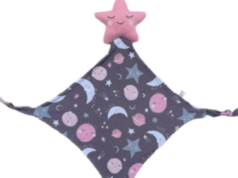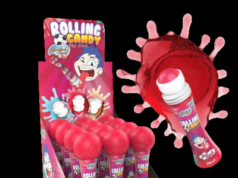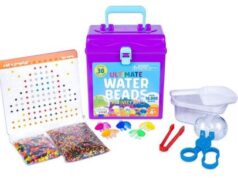
In today’s modern society, strollers are a popular method for parents to transport their babies and children four years of age and younger. Strollers may be as simple as an aluminum frame with a sling-style cloth seat, or they could be more elaborate with heavy duty frames, large wheels that rotate, a basket with accessories, cushioned seating, and those that are intended for two or more children.
The last thing parents want to worry about is the safety of their stroller, but with approximately 14,000 children hospitalized every year from stroller-related injuries, parents must understand the safety risks.
Known Stroller Defects
Some of the recent manufacturing and design defects that have been identified include, but may not be limited to the following:
- Collapse of strollers due to faulty construction
- Defects in the hinges that can cause pinches, lacerations on the fingers and amputations
- Spaces in the construction of the stroller/ safety harness that could lead to suffocation or strangulation
- Frame instability that could cause the stroller to tip or fall
- Small parts that could cause a child to choke
- Sharp or exposed edges on metal tubing or other construction components that have the potential to cause lacerations or amputation
Statistics
As stated above, approximately 14,000 children are treated in hospital emergency rooms every year because of stroller-related injuries. The majority of those children are under the age of five, with the majority of the injuries resulting because of falls or unintentional collapses.
Ninety percent of the children who require emergency treatment because of stroller-related injuries suffered head injuries. Approximately two children lose their lives every year because of injuries related to baby strollers.
Stroller Recalls
On September 25th, 2017, Delta recalled their “J is for Jeep” brand cross-country all-terrain jogging strollers due to a defect which can allow the stroller leg bracket to break, posing a fall hazard to infants in the stroller.
The Safety 1st Step and Go Travel System was recalled on August 24th, 2016. The defect is with the tray folding mechanism, which can partially disengage on one side when an infant car seat is attached to the stroller. This could result in a fall.
On December 20th, 2016, Aria Qbit strollers were recalled due to a gap in the folding side hinge that could pinch the hand of a caregiver while they were unfolding the stroller and cause lacerations. The stroller was also able to fold unexpectedly, which could cause injury to both the caregiver and the child.
On July 11th, 2016, Pacific Cycle recalled approximately 217,600 Instep and Schwinn swivel wheel jogging strollers because of a defect in the front wheel that can cause it to loosen and detach, leading to crash and fall injuries.
On May 9, 2016 Phil and Ted’s recalled approximately 870 dash strollers in the United States and Canada because the hinge that folds the dash V5 stroller poses a risk of becoming damaged during the opening and closing of the stroller. This can cause the consumer to suffer a pinch injury. The recall involved the Dash V5 buggy style strollers with serial numbers that range between PTRV 7/15/0746 and PTRV 08/15/2525.
There are many more recalls on various models of strollers, so consumers need to become aware of these before making a purchase.
Defects in manufacturing or design that lead to injuries fall under product liability law. If you or your child has suffered an injury because of a defect in a stroller, you need to contact an attorney who has experience in product liability law and request a free consultation into your legal options.







